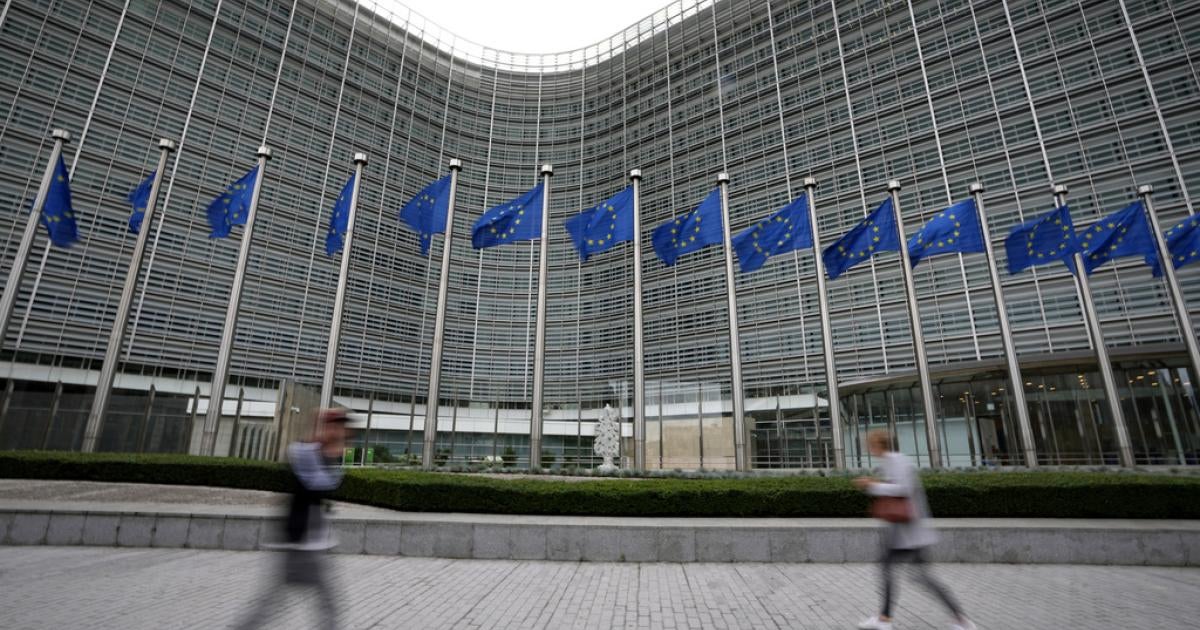In a major development for the global sustainable finance landscape, the Council of the European Union has approved a groundbreaking regulation aimed at improving the transparency, consistency, and reliability of Environmental, Social, and Governance (ESG) ratings, the rules was enacted in the week ending 22/11/2024. The new rules are designed to bolster investor confidence in ESG-related financial products by addressing long-standing concerns about the reliability and integrity of ESG assessments.
Key Objectives of the New Regulation
The regulation focuses on several critical areas:
- Authorization and Supervision of ESG Rating Providers
- Conflict of Interest Prevention
- Global Alignment and Participation Standards
These measures aim to enhance the credibility of ESG ratings, which have become increasingly influential in capital markets and sustainable investing.
1. Authorization and Supervision of ESG Rating Providers
Under the new regulation, ESG rating providers operating within the European Union (EU) must obtain authorization and oversight from the European Securities and Markets Authority (ESMA). This regulatory body will supervise providers to ensure they meet strict transparency standards regarding the methodologies used in their ratings and the data sources from which they derive their assessments.
This supervision aims to guarantee that ESG ratings are based on reliable, standardized criteria, reducing the risk of inconsistent or misleading assessments.
2. Preventing Conflicts of Interest
To further safeguard the impartiality of ESG ratings, the new regulation mandates a clear separation between the business operations of ESG rating providers and their rating activities. This requirement is designed to prevent any conflicts of interest that could potentially undermine the objectivity of the ratings.
By ensuring that ESG rating providers operate with independence from business interests, the regulation seeks to increase the reliability and integrity of ESG assessments.
3. Global Participation and Alignment
Recognizing the global nature of financial markets, the EU regulation sets out provisions to ensure that non-EU ESG rating providers also meet the new standards. Providers outside the EU must either obtain endorsements from EU-authorized entities or be listed in an EU registry based on equivalence decisions. These measures will facilitate the alignment of global ESG rating systems, fostering consistency and comparability across markets worldwide.
Impact on ESG Ratings and Investor Confidence
ESG ratings play a critical role in assessing a company’s sustainability profile, evaluating its environmental, social, and governance practices, and gauging its exposure to sustainability risks. As ESG investing continues to grow, these ratings influence the decision-making process for investors and institutions seeking to allocate capital to sustainable ventures.
The new regulation aims to enhance the credibility of ESG ratings, ultimately boosting investor confidence in sustainable financial products. By promoting greater transparency and reducing the risk of greenwashing, the regulation is poised to play a pivotal role in driving the growth of sustainable finance in the EU.
Council’s Statement on the New Rules
A spokesperson from the Council emphasized the significance of the regulation:
“The new rules aim to strengthen the reliability and comparability of ESG ratings by improving the transparency and integrity of the operations that ESG rating providers carry out, and by preventing potential conflicts of interest.”
This marks a key step in the EU’s broader efforts to ensure that ESG ratings provide accurate, reliable, and meaningful information to investors.
Related Global Developments: The UK’s ESG Ratings Regulation
The United Kingdom is also advancing its regulatory framework for ESG ratings providers, which will be closely aligned with international standards. The UK government has indicated that legislation on this matter will be introduced by early 2025, with full implementation expected within four years. This move echoes the EU’s efforts to increase transparency and consistency in ESG ratings.
Key points from the UK’s consultation process include:
- Support for Regulation: 95% of respondents agreed on the need for clear methodologies and greater transparency in ESG ratings. However, some smaller firms expressed concerns about the potential costs of compliance.
- Global Alignment: The UK’s proposed framework aims to align with global standards such as the EU Sustainable Finance Disclosure Regulation (SFDR) and the International Sustainability Standards Board (ISSB), ensuring a coherent global approach to ESG assessments.
Tulip Siddiq MP, Economic Secretary to the Treasury, commented:
“Bringing ESG ratings providers into regulation will boost investor confidence, reduce greenwashing, and address the lack of transparency highlighted in responses to the government’s consultation.”
Next Steps for the EU Regulation
The new regulation will be published in the EU Official Journal and will come into effect 20 days following its publication. It is set to be implemented 18 months after its entry into force, allowing stakeholders time to adjust to the new standards.
This regulation follows a proposal made by the European Commission in June 2023, which was subsequently agreed upon with the European Parliament under the ordinary legislative procedure. It represents a significant milestone in the EU’s ongoing efforts to standardize ESG assessments and foster greater trust in sustainable finance.
Conclusion
The EU’s new ESG ratings regulation is a crucial step in enhancing the credibility and transparency of ESG assessments, addressing concerns over greenwashing, and increasing investor confidence in sustainable finance products. By aligning both domestic and international providers with stringent standards, the regulation aims to create a more reliable and consistent ESG rating framework that will support the growing demand for responsible investment globally.
As other countries, such as the UK, move towards similar regulatory measures, it is clear that the future of ESG ratings lies in greater standardization, transparency, and accountability across global financial markets.
References:
- European Commission Proposal on ESG Ratings, June 2023
- European Securities and Markets Authority (ESMA)
- UK Government Consultation on ESG Ratings Regulation (2024)



